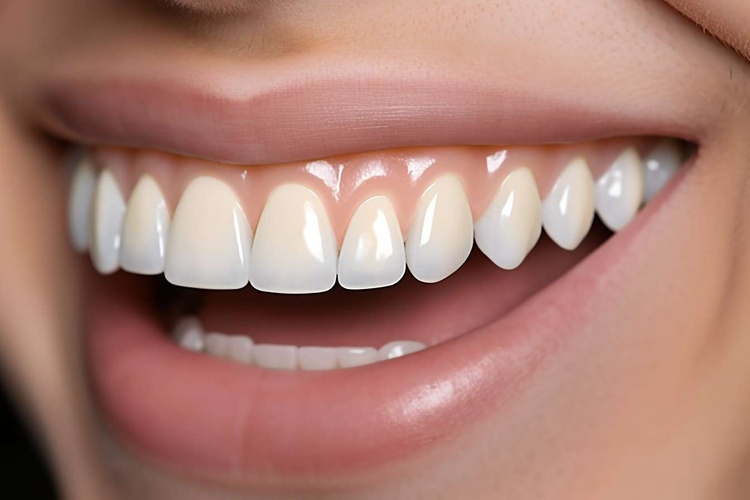Effective Bad Breath Remedies: Causes and Practical Care
Bad breath can be embarrassing and persistent, but many causes are manageable with consistent care. This article reviews common reasons for unpleasant mouth odor, practical remedies you can use at home, and when to seek professional help. It focuses on everyday strategies involving oral hygiene, attention to the tongue and teeth, hydration, and addressing underlying health conditions to reduce or eliminate halitosis.

This article is for informational purposes only and should not be considered medical advice. Please consult a qualified healthcare professional for personalized guidance and treatment.
What causes bad breath?
Bad breath often arises when bacteria in the mouth break down food particles, releasing sulfur compounds that smell unpleasant. Poor oral hygiene, certain foods (garlic, onions), tobacco, and dry mouth are common contributors. Systemic health issues such as sinus infections, gastroesophageal reflux disease (GERD), or uncontrolled diabetes can also produce or worsen mouth odor. Identifying whether the source is oral (inside the mouth) or systemic (from the body) helps guide appropriate remedies and when to consult a dentist or physician.
How is halitosis identified and assessed?
Halitosis refers to chronic or recurring bad breath that may indicate a medical or dental problem. A dental examination typically looks for plaque, gum disease, cavities, and coated tongue surfaces. Dentists may use organoleptic scoring (a clinician’s smell test) or breath analysis devices in some practices. Self-assessment techniques include asking a trusted person or using floss to smell trapped debris. If standard oral care does not reduce odor after two weeks, a dental visit or medical evaluation can help find less obvious causes like infections, medications that cause dry mouth, or chronic conditions.
How does oral hygiene prevent odor?
Consistent oral hygiene is the first-line remedy for halitosis. Brush at least twice daily using fluoride toothpaste and spend at least two minutes cleaning all tooth surfaces. Flossing daily removes food and plaque from between teeth where a toothbrush doesn’t reach. Antimicrobial mouthwashes can temporarily reduce odor-causing bacteria but should supplement—not replace—brushing and flossing. Maintaining regular dental cleanings and treating gum disease are crucial because periodontal pockets can harbor anaerobic bacteria that produce foul-smelling gases.
What role do teeth and dental issues play?
Teeth and restorative dental work can trap food and bacteria if not properly cared for. Cavities, cracked teeth, poorly fitted crowns or bridges, and neglected orthodontic appliances can create niches for odor-producing microbes. Regular dental exams identify and treat these problems: fillings for decay, repairs for damaged restorations, and professional cleanings to remove hardened plaque (calculus). For people with dentures, nightly cleaning and removing them while sleeping help prevent odor. Good oral care focused on the teeth reduces a major source of halitosis.
How does the tongue contribute and how to clean it?
The tongue is a major reservoir for bacteria and debris—especially on the back of the tongue where a thick, white or yellowish coating may form. Cleaning the tongue daily can significantly reduce volatile sulfur compounds. Tongue cleaning tools, such as tongue scrapers or the back of a toothbrush, should be used gently from back to front to remove the coating and bacteria. Hydration helps by promoting saliva flow, which naturally washes away microbes. For persistent coating despite regular scraping, discuss possible causes like postnasal drip or chronic sinus issues with a healthcare provider.
Conclusion
Addressing bad breath typically involves several straightforward steps: improved oral hygiene (brushing, flossing, tongue cleaning), regular dental care for teeth and restorations, staying hydrated, and modifying diet or tobacco use. When halitosis persists despite these measures, or when it is accompanied by other symptoms such as dry mouth, sore throat, or digestive complaints, professional evaluation can identify underlying oral or systemic causes. With consistent attention to the mouth’s environment and timely professional care, many people can reduce or resolve chronic mouth odor.





